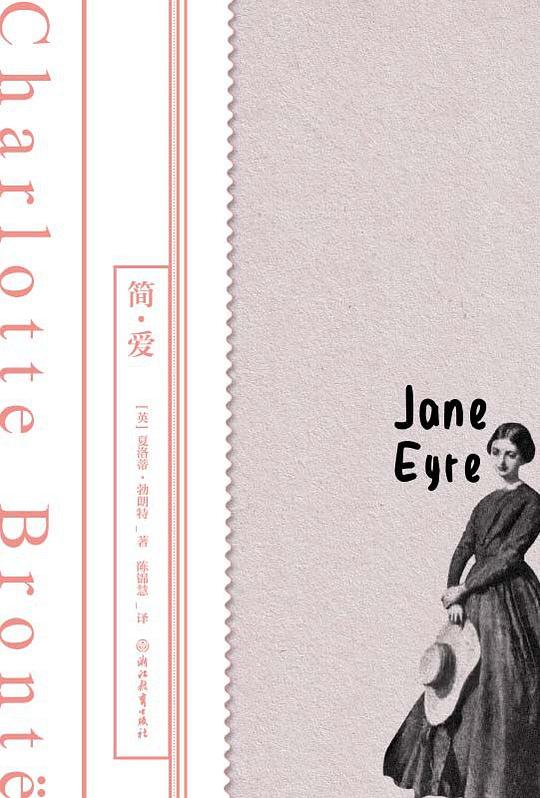
简·爱: 扭曲的爱与坚韧的灵魂
书名:简·爱
1
0

皮卡丘 2023-05-16 09:33:17
Four stars were given not for the novel itself, as it is a novel of the 19th century. "Jane Eyre" has already broken free from the constraints of that era and pursues love that is equal and independent, which was a milestone in that era.
The characters in "Jane Eyre" are quite contradictory. From being expelled from Reed Manor to coming to the charity school, from eight years at the charity school to decisively leaving Rochester after being "tricked" into marriage, refusing St. Johns offer to go to India to preach - Jane Eyre is independent and strong, but cannot forget Rochester. In the end, she inherited a huge fortune but returned to the side of the now-disabled Rochester, calling him "master," and resisted yet also yielded. Jane Eyres excessive pursuit of independence and dignity has reached a deliberate level, but her fanatic and humble love is in sharp contrast to her independence and self-improvement.
Rochesters character is not very likable at first. He is arrogant and conceited, going through great lengths to make Jane Eyre believe he wants to marry Miss Blanche Ingram (only to make Jane jealous) and believing that Jane proposed to him. During the "trick marriage" incident, his entire character appears to be emotionless, as if he were a tool.
After Jane Eyre left Rochester, she met St. John, a character whom I think is much more full-bodied than Rochester and quite controversial. He hoped to marry Jane as his wife, not out of love, and his interactions with Jane were more to test if she was a suitable person. He felt that only by being his wife could she effectively be under his control and be his helper until death. At first, it was difficult to understand his selfish thoughts, but his final choice was purely admirable. He devoted himself to religious affairs, and he might be a "crazy" person with ideals.
相关推荐
萤火谷的梦想家
艾莉森•麦吉出生于1960年,是美国《纽约时报》畅销书作家,同时也是大都会州立大学创意写作课的教授。她的作品被翻译成20多种语言并出版,也曾被提名普利策奖,并获得苏斯博士奖金奖、克里斯托弗图书奖、美国 [美]艾莉森•麦吉/[美]克里斯托弗•丹尼斯/绘 2023-03-27 16:50:25鬼马女神捕1·绝密卧底(上)
腹黑凤凰vs毒舌鸡妖——蓝翎:“小姬,跟我去人界吧!”姬十四:“干吗?让人宰了我做小鸡炖蘑菇吗?”蓝翎:“不啊,让妖怪宰了你做小鸡炖蘑菇更气派。”凤凰蓝翎和鸡妖姬十四生活在无忧无虑的灵界。他们的故乡叫 郝天晓 2023-04-17 00:22:47© 2023-2025 百科书库. All Rights Reserved.


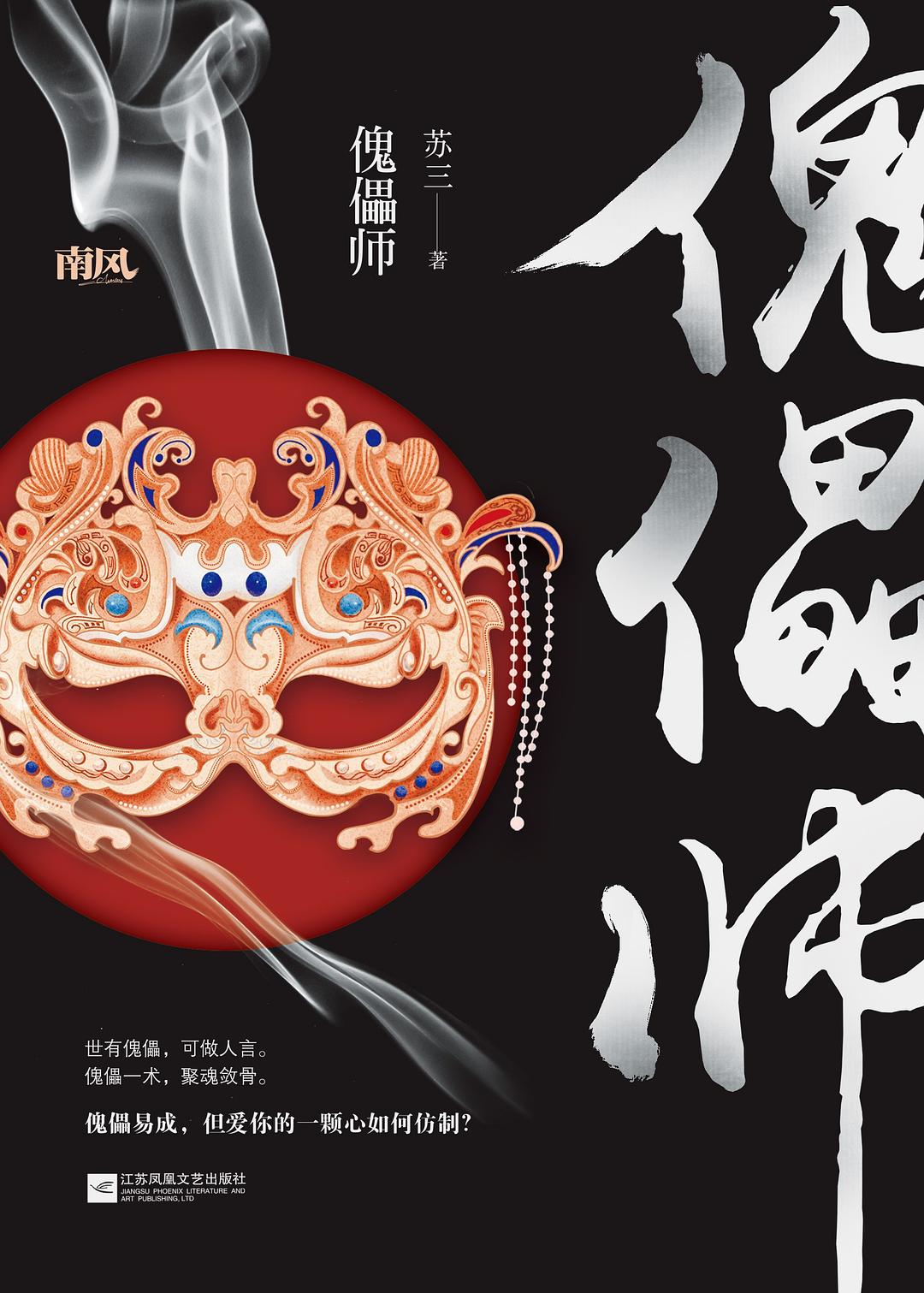
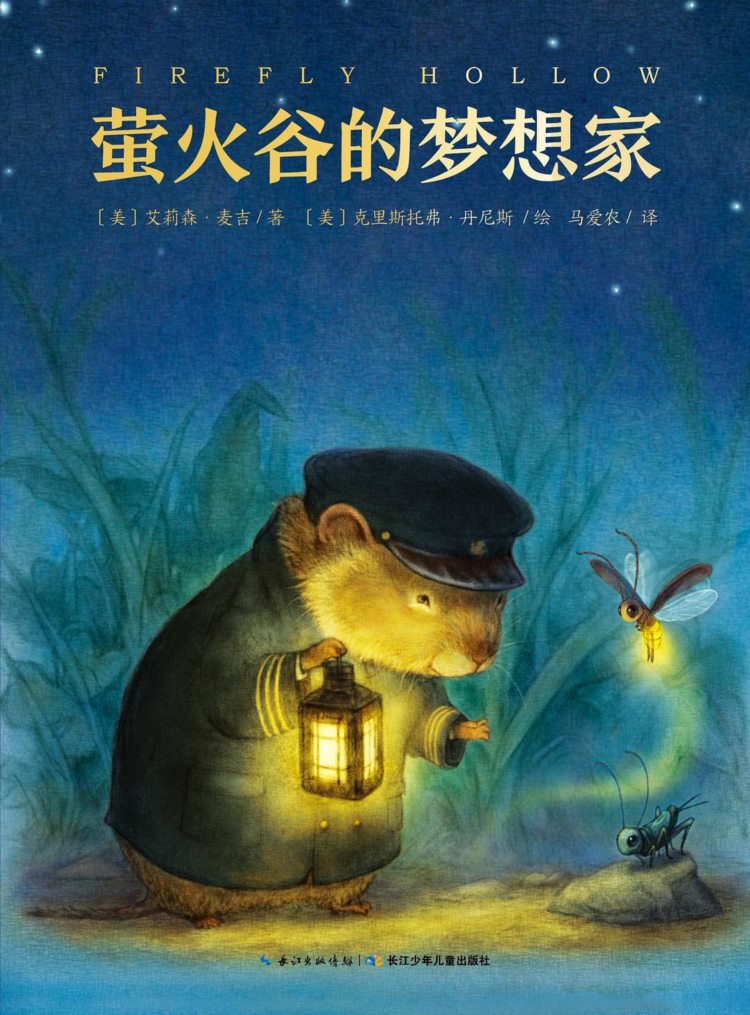
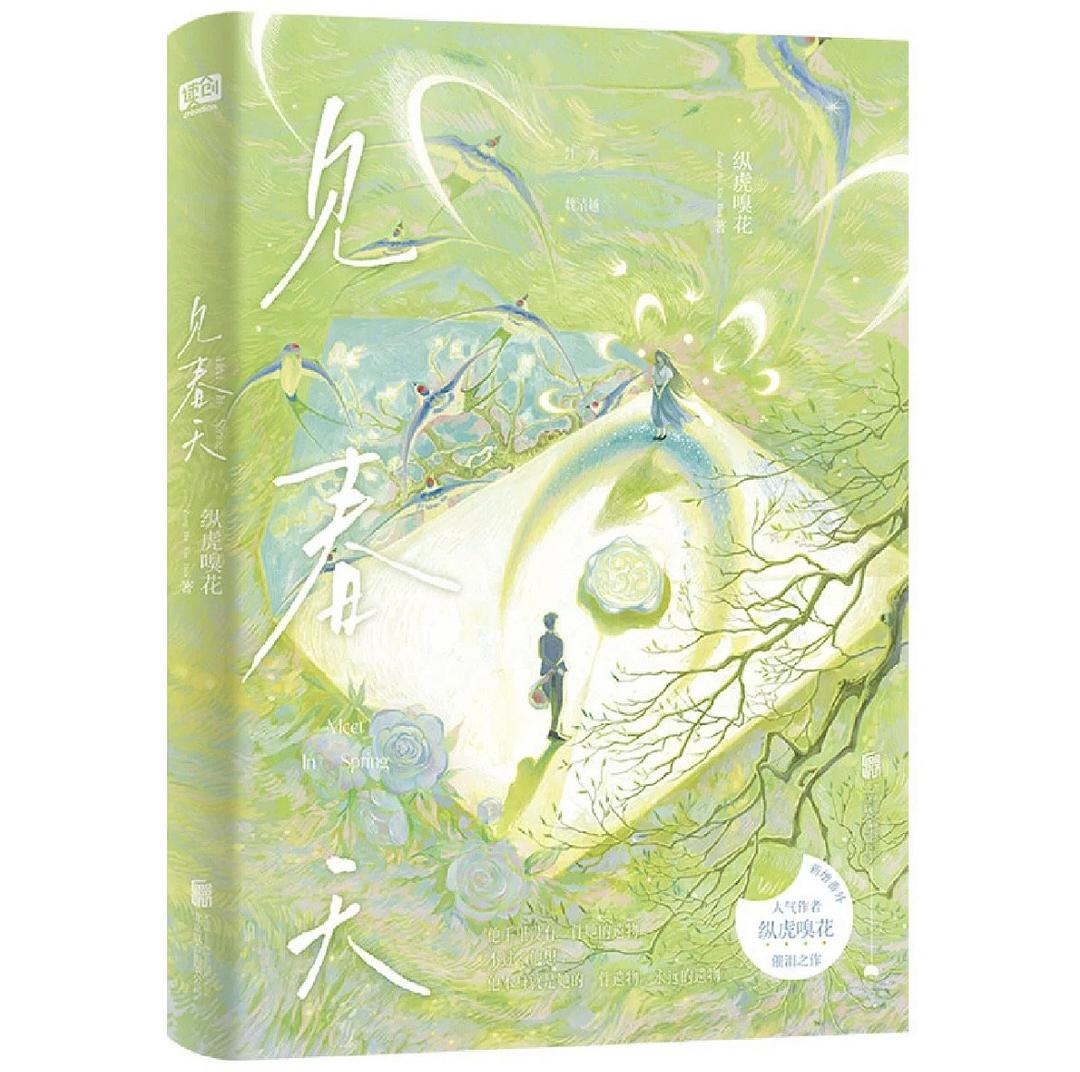





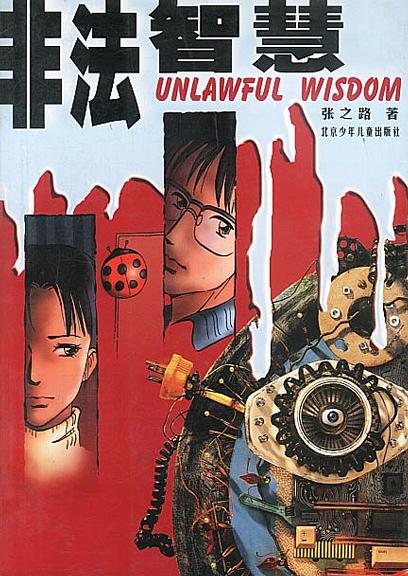
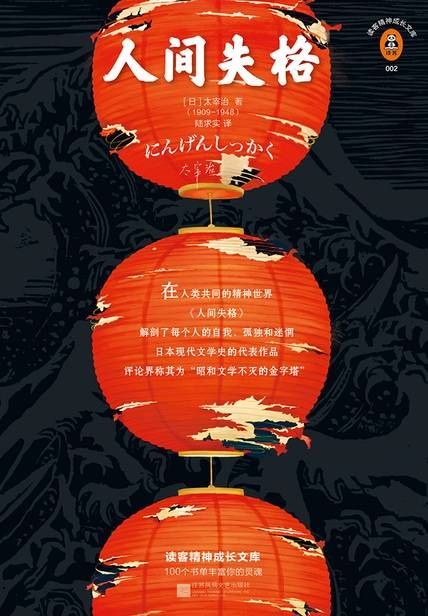
发表评价